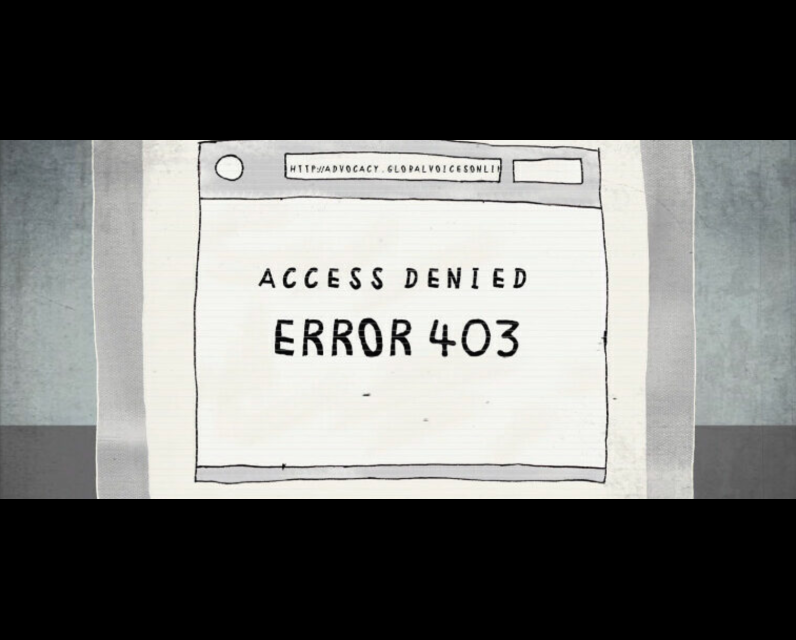Unpublished Opinions
Dr. Michael Geist is a law professor at the University of Ottawa where he holds the Canada Research Chair in Internet and E-commerce Law. He has obtained a Bachelor of Laws (LL.B.) degree from Osgoode Hall Law School in Toronto, Master of Laws (LL.M.) degrees from Cambridge University in the UK and Columbia Law School in New York, and a Doctorate in Law (J.S.D.) from Columbia Law School. Dr. Geist is a syndicated columnist on technology law issues with his regular column appearing in the Toronto Star, the Hill Times, and the Tyee. Dr. Geist is the editor of several copyright books including The Copyright Pentalogy: How the Supreme Court of Canada Shook the Foundations of Canadian Copyright Law (2013, University of Ottawa Press), From “Radical Extremism” to “Balanced Copyright”: Canadian Copyright and the Digital Agenda (2010, Irwin Law) and In the Public Interest: The Future of Canadian Copyright Law (2005, Irwin Law), the editor of several monthly technology law publications, and the author of a popular blog on Internet and intellectual property law issues.
Dr. Geist serves on many boards, including the CANARIE Board of Directors, the Canadian Legal Information Institute Board of Directors, the Canadian Internet Registration Authority, and the Electronic Frontier Foundation Advisory Board. He has received numerous awards for his work including the Kroeger Award for Policy Leadership and the Public Knowledge IP3 Award in 2010, the Les Fowlie Award for Intellectual Freedom from the Ontario Library Association in 2009, the Electronic Frontier Foundation’s Pioneer Award in 2008, Canarie’s IWAY Public Leadership Award for his contribution to the development of the Internet in Canada and he was named one of Canada’s Top 40 Under 40 in 2003. In 2010, Managing Intellectual Property named him on the 50 most influential people on intellectual property in the world and Canadian Lawyer named him one of the 25 most influential lawyers in Canada in 2011, 2012 and 2013.
Click here to view Dr. Geist’s full CV.
Blocking is Back: Why Internet Blocking is the Next Big Canadian Policy Battle

In early 2018, Bell led a consortium of companies and organizations arguing for the creation of a new website blocking system in Canada. Complete with a new anti-piracy agency and CRTC stamp of approval, the vision was to create a new system to mandate site blocking across ISPs in Canada. Canadians challenged the so-called FairPlay proposal and the CRTC rejected the Bell application on jurisdictional grounds. Since that time, the Canadian courts have been dealing with site blocking requests (the Federal Court of Appeal is soon set to hear arguments on the issue) and the Canadian copyright review conducted by the Standing Committee on Industry, Science and Technology decided against recommending the creation of a new administrative system for site blocking.
While the CRTC site blocking application may have been settled, the blocking issue is about to hit the spotlight once again in Canada, only this time it involves multiple initiatives across several substantive areas. In addition to the case at the Federal Court of Appeal, the copyright related website blocking seems likely to be the subject of a public consultation this summer as the ISED and Canadian Heritage copyright departments continue to dismiss the results of Canada’s most extensive copyright consultation in a decade. The department release on the deeply flawed copyright term extension consultation (now extended until the end of month) included a reference to a follow-up consultation on a “modern framework for online intermediaries.” That is thinly-veiled code for a website blocking system, particularly given that the online intermediary issue was just modernized during the last copyright reform process in 2012. In other words, the lobbyist pressure for website blocking continues and the departments are sadly all-too-eager to comply.
But the blocking issue is not limited to copyright. The CRTC is currently conducting a consultation on botnet blocking. The first round of comments closed on Monday. The CRTC has raised the possibility of several different types of blocking, including domain-based blocking, Internet Protocol (IP)-based blocking, and protocol-based blocking. It states that its preliminary view is that “network-level blocking is a viable strategy to prevent the harm botnets cause to Canadians and to promote the Act’s policy objectives.” It notes that safeguards would be needed, including the ability to opt-out at a subscriber level and to “minimize subscriber information monitoring, collection, and usage.”
Yet the reality is that Canada’s telecom providers have been working on these issues for decades without the need for a regulator to mandate a blocking system. Further, any blocking system creates collateral damage including over-blocking of legitimate websites and increased costs for consumers. While there is room to increase information sharing and update codes of conduct, a CRTC-based blocking mandate will open the door to a steadily expansive approach to Internet blocking. In fact, the consultation has already attracted a submission from Allarco Entertainment that wants an expansive definition of botnets to include streaming devices so that blocking would extend to copyright with mandated blocking against unauthorized streams (in other words, Fairplay through the botnet back door).
Allarco’s botnet bait and switch to copyright demonstrates the slippery slope that arises in the context of content blocking. So too does the forthcoming online harms legislation, where the prospect of mandated blocking of hate content is a real possibility. Canadian Heritage Minister Steven Guilbeault has already downplayed the risks of constitutional challenges of the legislation, despite the fact that the provisions on misinformation in Canada’s election law has been struck down by a court as unconstitutional. The government has thus far shown little regard for the speech implications of its Internet regulation plans, suggesting that blocking could be part of the policy equation. If so, a constitutional challenge would be inevitable. When combined with policy developments in the copyright and CRTC fronts, there is a major effort underway to reshape the Canadian Internet with concerns around net neutrality and freedom of expression seemingly giving way to government and regulator-backed blocking schemes.



Comments
Be the first to comment